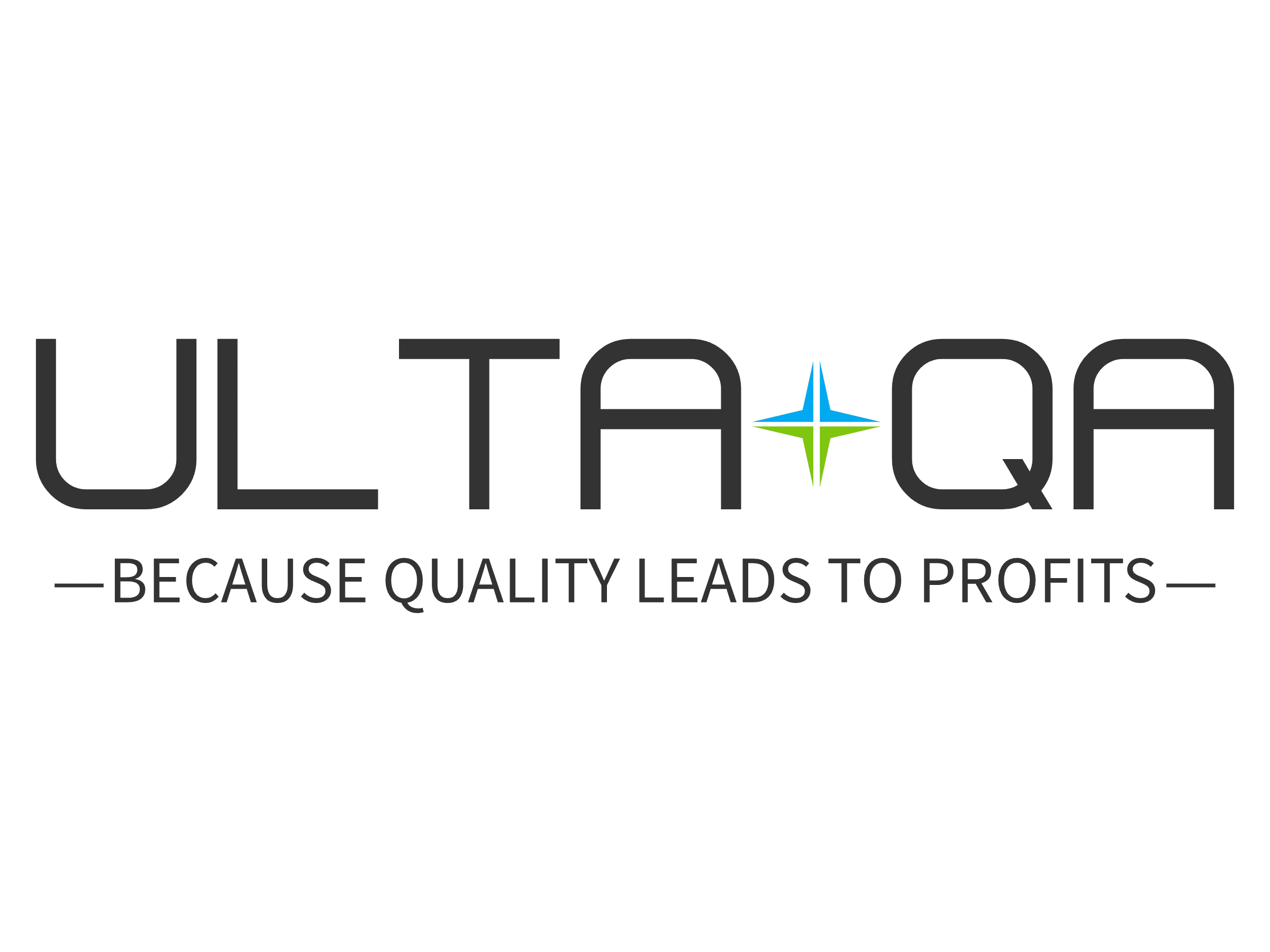Implementing Quality Assurance (QA) and automated testing in your software development process can bring several financial benefits to your organization. Here are some key points to consider:
- Cost Reduction:
- Automated testing helps in the early detection and resolution of defects, reducing the cost of fixing issues in later stages of development or production.
- Manual testing can be time-consuming and expensive. Automation allows for faster test execution, enabling quicker feedback loops and reducing testing time and associated costs.
- Increased Efficiency:
- Automated testing improves testing efficiency by running repetitive test scenarios quickly and consistently. This frees up valuable human resources for more complex and creative tasks.
- Faster release cycles, facilitated by automation, lead to quicker time-to-market, helping your organization stay competitive.
- Minimized Business Risks:
- QA practices, including thorough testing, contribute to the identification and mitigation of potential business risks. This helps in avoiding costly issues that may arise post-release.
- Automated testing ensures consistent test coverage, reducing the likelihood of critical errors slipping through undetected.
- Enhanced Product Quality:
- Implementing rigorous testing practices, both manual and automated, improves the overall quality of your software.
- Higher-quality products lead to increased customer satisfaction, lower support costs, and a positive impact on your brand reputation.
- Resource Optimization:
- Automated testing allows for the parallel execution of test cases on multiple environments and configurations, optimizing the use of testing resources.
- QA teams can focus on more strategic aspects, such as test planning, analysis, and strategy formulation, while automated scripts handle repetitive tasks.
- Scalability:
- Automated testing is highly scalable, enabling efficient testing of large and complex systems without proportionally increasing the testing team size.
- This scalability is crucial for organizations experiencing growth or those with projects of varying sizes.
- Regulatory Compliance:
- QA processes, including automated testing, aid in ensuring compliance with industry regulations and standards. This can be critical for avoiding legal issues and associated financial penalties.
By incorporating QA and automated testing practices into your development lifecycle, you can not only improve the quality of your software but also realize significant financial benefits over time. If you’re looking to increase sales, foster customer loyalty, and reduce glitches in your digital offerings, feel free to contact us.
